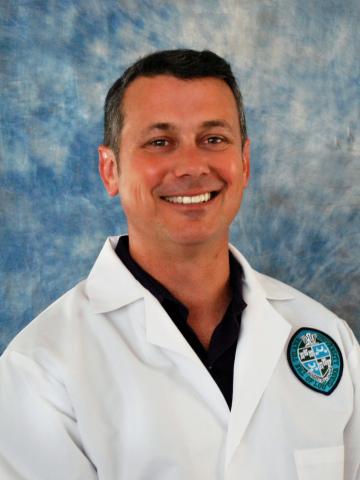James McLachlan, PhD
Associate Professor

Education & Affiliations
Biography
Research Interests
My lab is interested in the role that antigen-specific CD4+ helper T cells play during a chronic bacterial infection where the bacteria persists in various organs for the life of the animal. My main interest is to understand how this “stalemate immunity” forms and why the immune system is incapable of clearing the infection but is somehow capable of keeping the bacteria from overwhelming and killing the animal. To address this, we are using a mouse model of chronic Salmonella infection, the causative agent of typhoid fever. This infection becomes chronic in the mouse and immunity relies on the presence of CD4 T cells. We are investigating the kinetics of the antigen-specific CD4+ T cell response to various bacterial proteins expressed at different phases during the infection. We also have a great interest in the role of various professional antigen-presenting cells (APCs) throughout the infection and how they might dictate the helper T cell response to the infection. My previous work has shown that there are different roles for antigen presentation to helper T cells by APCs in non-lymphoid tissue compared with those found in the lymph nodes that drain that tissue. It will be interesting to determine if this dichotomy exists at different times during a chronic Salmonella infection and what role this might play in the “stalemate”. Lastly, we are interested in uncovering new helper T cell epitopes from Salmonella and other pathogens that will aid in development of vaccines that can better prime helper T cell responses. Because an individual population of helper T cells specific for a particular pathogenic antigen is so rare in the total T cell population, we are using soluble peptide-MHCII tetramers combined with a magnetic bead enrichment strategy pioneered in the laboratory of Marc Jenkins. This allows us to observe the full range of helper T cell immune responses from the initial naïve T cell population well into the immunologic memory phase.
Research
- Bacterial Pathogenesis
- Host-pathogen interactions
- Adaptive immunity to infection
- Role of CD4+ T helper cells during infection and disease
